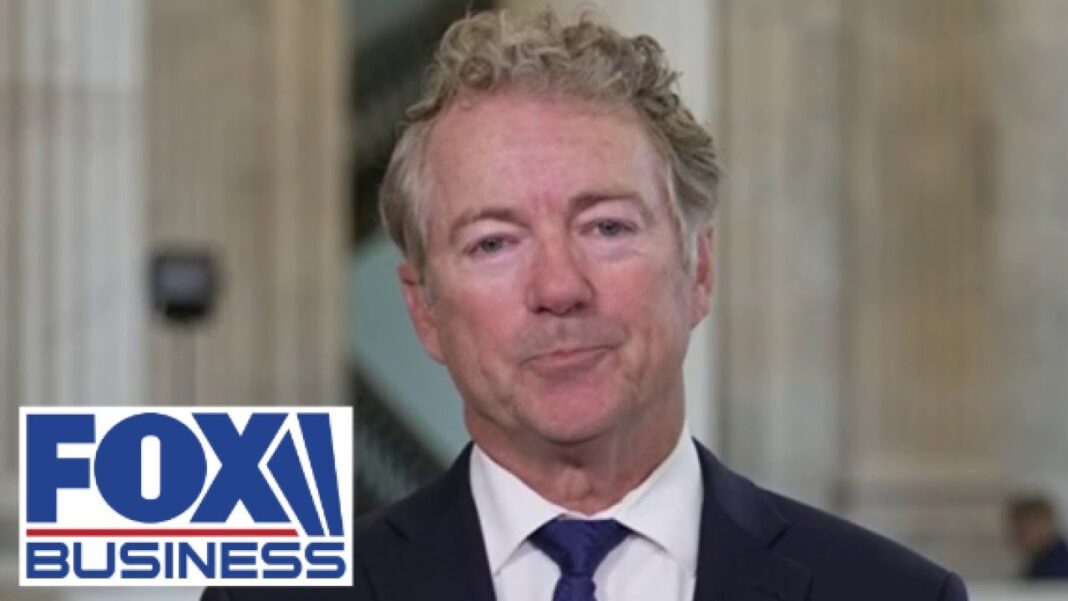Some 135,000 people rely on the program to screen and treat illnesses related to the Sept. 11, 2001, terrorist attacks.
A bipartisan group of 39 attorneys general are calling on Congress to secure long-term funding of a health care program they call a “lifeline” for people with illnesses related to the Sept. 11, 2001, terrorist attacks.
In a May 19 letter to congressional leaders, the attorneys general warned that the current funding for the World Trade Center (WTC) Health Program is insufficient to serve its more than 135,000 enrollees who were exposed to toxic dust and debris following the collapse of the Twin Towers.
The WTC Health Program, established in 2010, has been the main resource for survivors and first responders to treat their health conditions. According to the U.S. Centers for Disease Control and Prevention, as of December 2024, over 60 percent of enrollees suffer from at least one condition associated with the attacks, ranging from cancer to asthma to post-traumatic stress disorder (PTSD).
Cancer is the most commonly reported condition, affecting more than 40,000 members. While some participants enroll after developing serious illnesses, others join the program for annual screenings that can help detect illnesses early.
“Even two-plus decades later, first responders and survivors are still getting sick at an alarming rate,” the attorneys general wrote. “Increased demand for services and treatment means that current funding levels are simply not enough for this country to keep our commitment to these heroes.”
The program’s financial outlook has become uncertain after a long-term funding solution was left out of the bipartisan budget agreement passed by Congress last December. In February, a bipartisan group of lawmakers warned that if no action is taken, the program may have to stop accepting new members or cut back services for current members by October 2028.
To address the shortfall, a bill introduced in February by Sen. Kirsten Gillibrand (D-N.Y.) and Rep. Andrew Garbarino (R-N.Y.) in their respective chambers proposes a new federal funding formula that largely ties funding to changes in enrollment. It would also increase the program’s spending limit for medical research.
Supporters said the bill would keep the WTC Health Program adequately funded through its scheduled expiration in 2090.
By Bill Pan







